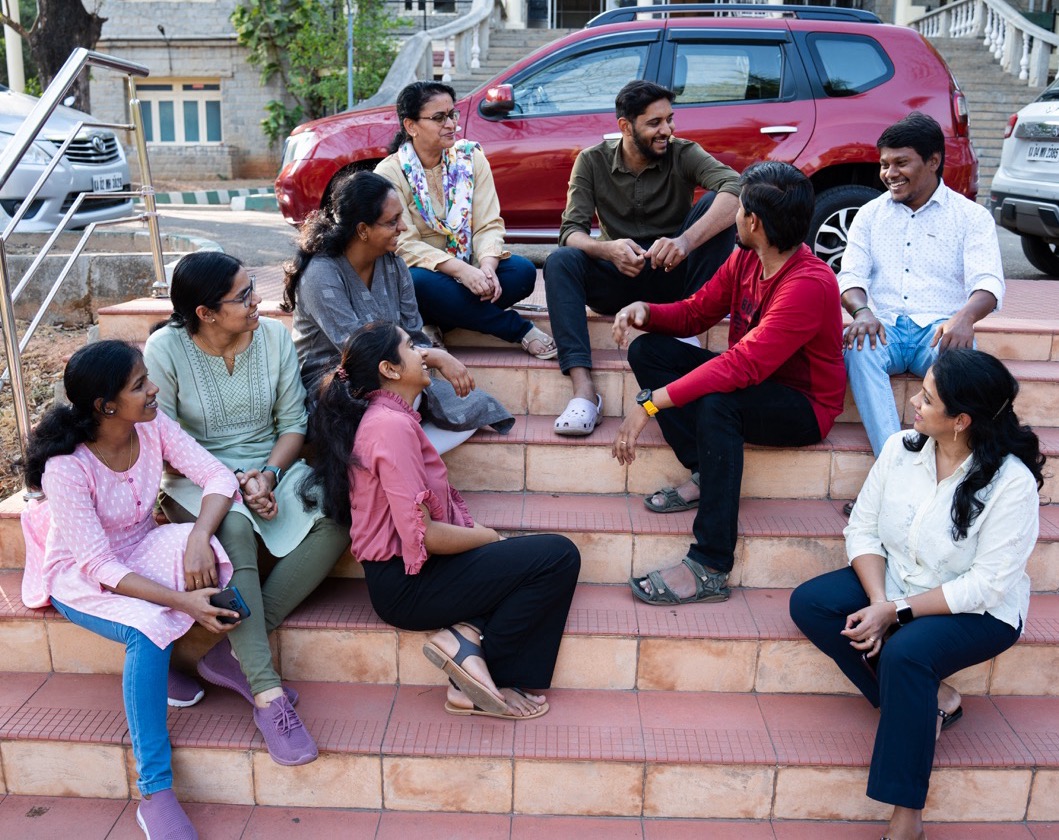Explore Strand’s
Publications
Neurology India
Nov 2021
Assessing Utility of Clinical Exome Sequencing in Diagnosis of Rare Idiopathic Neurodevelopmental Disorders in Indian Population
Neurological diseases are phenotypically and genotypically heterogeneous. Clinical exome sequencing (CES) has been shown to provide a high diagnostic yield for these disorders in the European population but remains to be demonstrated for the Indian population.
Neurological Sciences
Oct 2021
Charcot-Marie-Tooth disease type 2S: identical novel missense mutation of IGHMBP2 gene in two unrelated families
No abstract available
Clinical Chemistry
Aug 2021
Determining Cost-Optimal Next-Generation Sequencing Panels for Rare Disease and Pharmacogenomics Testing
Multi-gene panel sequencing using next-generation sequencing (NGS) methods is a key tool for genomic medicine. However, with an estimated 140,000 genomic tests available, current system inefficiencies result in high genetic-testing costs.
British Journal of Haematology
Jun 2021
Assessment of droplet digital polymerase chain reaction for measuring BCR-ABL1 in chronic myeloid leukaemia in an international interlaboratory study
Measurement of BCR activator of RhoGEF and GTPase -ABL proto-oncogene 1, non-receptor tyrosine kinase (BCR-ABL1) mRNA levels by reverse transcription quantitative polymerase chain reaction (RTqPCR) has been critical to treatment protocols and clinical trials in chronic myeloid leukaemia; however, interlaboratory variation remains a significant issue. Reverse transcriptase droplet digital PCR (RTddPCR) has shown potential to improve testing but a large-scale interlaboratory study is required to definitively establish this.
BMC Medical Genomics
Apr 2021
Validation of whole genome sequencing from dried blood spots
Dried blood spots (DBS) are a relatively inexpensive source of nucleic acids and are easy to collect, transport, and store in large-scale field surveys, especially in resource-limited settings. However, their performance in whole-genome sequencing (WGS) relative to that of venous blood DNA has not been analyzed for various downstream applications.
Indian Journal of Psychological Medicine
Mar 2021
Targeted Sequencing Detects Variants That May Contribute to the Risk of Neuropsychiatric Disorders
No abstract available
Translational Oncology
Jan 2021
Landscape of clinically actionable mutations in breast cancer ‘A cohort study’
Breast cancer (BC) is a heterogeneous disease. Numerous chemotherapeutic agents are available for early stage or advanced/metastatic breast cancer to provide maximum benefit with minimum side effects. However, the clinical outcome of patients with the same clinical and pathological characteristics and treated with similar treatments may show major differences and a vast majority of patients still develop treatment resistance and eventually succumb to disease.
Cancer
Jan 2021
Ultrasensitive detection of tumor-specific mutations in saliva of patients with oral cavity squamous cell carcinoma
Oral cavity squamous cell carcinoma (OCSCC) is the most common head and neck malignancy. Although the survival rate of patients with advanced-stage disease remains approximately 20% to 60%, when detected at an early stage, the survival rate approaches 80%, posing a pressing need for a well validated profiling method to assess patients who have a high risk of developing OCSCC.





